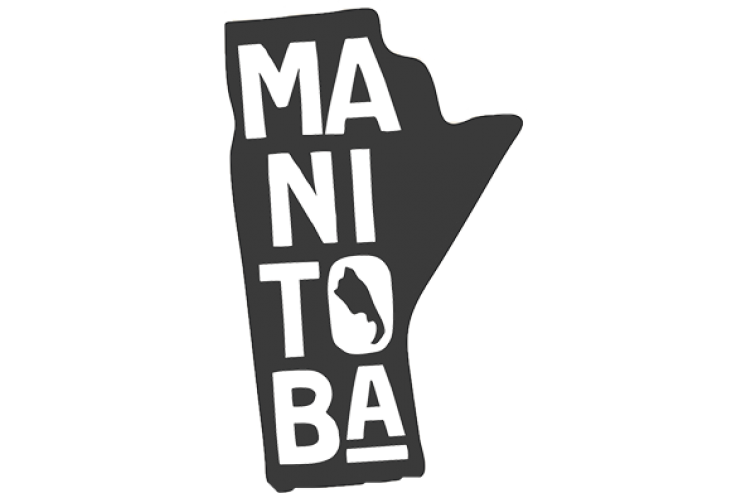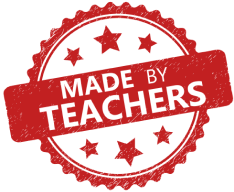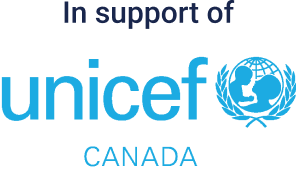Manitoba Grade 4

CLICK HERE FOR CURRICULUM CONNECTIONS, LESSONS AND SUPPORT RESOURCES.
Made by a Grade 4 teacher in Manitoba.
Kids Boost Immunity (KBI) provides educational content (lessons and support materials) developed by teachers and where needed, health experts, that is directly linked to curriculum and is available completely for free. Each lesson is paired with an online quiz that students can take on a laptop, tablet, or phone. Every time a student scores 80% or higher on a quiz, we donate life-saving vaccines to UNICEF Canada. To learn more about KBI, click here.
Click on the overarching curriculum themes below to see the curriculum outcomes that match KBI educational content. The full Grade 4 Manitoba Curriculum Connections document is here.
- Thinking Critically
-
Curricular outcomes:
ELA- Learners are recognizing the need for validity and reliability; Learners are recognizing that point of view has an impact on understanding
- 1.2.1 Develop Understanding
- Connect new information and experiences with prior knowledge to construct meaning in different contexts.
- 3.2.3 Assess Sources
- Assess the usefulness of information for inquiry or research using pre-established criteria.
- 3.2.5 Make Sense of Information
- Determine main and supporting ideas using prior knowledge, predictions, connections, inferences, and visual and auditory cues.
Science
- 4-0-2a. Access information using a variety of sources
- 4-0-2b. Review information to determine its usefulness to inquiry or research needs.
- 4-0-8b. Recognize that scientists must support their explanations using evidence and scientific knowledge.
Applicable KBI lessons:
1. Critical Thinking & Evaluating Information
- Literacy builder worksheet/answer guide
- Lesson worksheet/answers
- Video worksheet/answers
- Inquiry activities/answer guides
- Numeracy activity/answers
- 1.2.1 Develop Understanding
- Community
-
Curricular outcomes:
Science: Habitat & Communities
- 4-0-1c. Identify practical problems to solve in the local environment.
- 4-1-01 Use appropriate vocabulary related to their investigations of habitats and communities
- 4-1-02 Recognize that each plant and animal depends on a specific habitat to meet its needs.
- 4-1-04 Identify physical and behavioural adaptations of animals and plants, and infer how these adaptation
- 4-1-09 Recognize that plant and animal populations interact within a community.
- 4-1-11 Construct food chains and food webs, and classify organisms according to their roles
- 4-1-14 Investigate natural and human-caused changes to habitats, and identify resulting effects on plant and animal populations.
- 4-1-15 Describe how their actions can help conserve plant and animal populations and their habitats.
Social Studies: Living in Manitoba
- 4-S-103 Make decisions that reflect care, concern, and responsibility for the environment.
- 4-KL-023 Identify issues related to environmental stewardship and sustainability in Manitoba.
Applicable KBI lessons:
1. Environment & Climate Change
- Literacy builder worksheet/answer guide
- Lesson worksheet/answers
- Video worksheet/answers
- Inquiry activities/answer guides
- Numeracy activity/answers
- Leadership
-
Curricular outcomes:
Social Studies: Living in Canada
- 4-KP-045 Give examples of formal and informal power and authority in their lives.
- 4-KC-002 Identify democratic ideals in Canadian society.
- 4-KP-041 Explain the purposes of government.
- 4-KP-042 Identify levels of government in Canada and give examples of their responsibilities.
- 4-KE-048 Identify various ways in which governments help people meet their needs
Math
- 4.N.7. Demonstrate an understanding of division (1-digit divisor and up to 2-digit dividend) to solve problem
- 4.PR.4. Identify and explain mathematical relationships using charts and diagrams to solve problems
Applicable KBI lessons:
1. Canada’s Three Levels of Government
- Literacy builder worksheet/answer guide
- Lesson worksheet/answers
- Video worksheet/answers
- Inquiry activities/answer guide
- Numeracy activity/answers
- Connections
-
Curricular outcomes:
Social Studies
- 4-KL-024 Give examples of Aboriginal peoples' traditional relationships with the land.
- 4-VL-006A Respect their spiritual connection to the natural environment (land, water, sky).
- 4-KI-007 Identify Aboriginal communities, cultures, and languages in Manitoba. Examples: Cree, Ojibway, Dakota, Michif, Oji-Cree, Dene…
- 4-KI-009 Describe the influence of various factors on their identities. Include: culture, community, place, region.
ELA- Learners are recognizing families’ and peers’ unique identities and similar and different ways of seeing the world.; Learners are recognizing, comparing, and using the codes and conventions of print, oral, visual, and multimodal texts.
- 2.2.1 Experience Various Texts
- Experience texts from a variety of forms and genres [such as personal narratives, plays, adventure stories, mysteries...] and cultural traditions; share responses.
- 2.1.4 Cueing Systems
- Use syntactic, semantic, and graphophonic cueing systems [including word order; context clues; structural analysis to identify roots, prefixes, suffixes, compound words, contractions, and singular and plural words] to construct and confirm meaning; use a junior dictionary to determine word meaning in context.
- 5.2.3 Use Language to Show Respect
- Appreciate variations in language use in a variety of contexts in immediate communities.
Applicable KBI lessons:
1. Life on Turtle Island
- Literacy builder worksheet/answer guide
- Lesson worksheet/answers
Curriculum-Related Themes Throughout the Year
- Reflecting on hardships and courage during WWII (November)
-
Applicable KBI lessons:
1. Remembrance Day / Veterans Day / Armistice Day
- Being kind and building leadership skills to help make a difference to others (December)
-
Applicable KBI lessons:
1. Winter Break - Spreading Kindness
- Literacy builder worksheet/answer guide
- Activity - Making A Difference
- Activity - Compare and Contrast special things at this time of year
- Activity - Recipe book
- Activity - Shape Poem
- Highlighting some key inspirational leaders during Black History Month as well as some experiences of refugees from different parts of the world (February)
-
Applicable KBI lessons:
1. Black History Month
2. Refugee Experiences
- Lesson worksheet/answers
- Inquiry activities
- Celebrating Inspiring Women in STEM (March)
-
Applicable KBI lessons:
1. International Women's Day - Celebrating Inspiring Women in STEM
- Literacy builder worksheets/answer guides
- Inquiry activities
- Understanding communicable diseases and how they are spread, and learning about immunization. Suggested during flu season, immunization awareness week, and school vaccinations (if applicable)
-
Applicable KBI lessons:
1. Immunization Awareness Week
2. The Spread of Infectious Diseases
3. Scientific Curiosity and Vaccine Discoveries
- Indigenous history in Canada - pre-contact, contact, treaties, colonialism, and The Indian Act (June)
-
Applicable KBI lessons:
1. Life on Turtle Island
- Literacy builder worksheet/answer guide
- Lesson worksheet/answers
- Video worksheet/answer guide
2. Cooperation and Colonization
- Literacy builder worksheet/answer guide
- Lesson worksheet/answers




